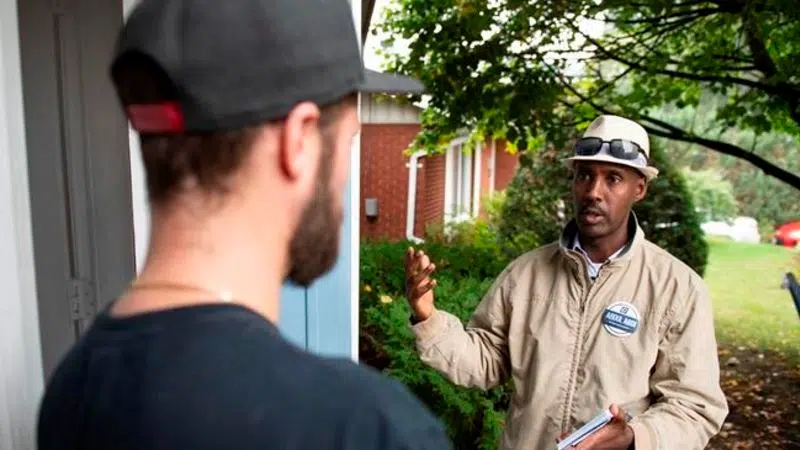
A Liberal, a Tory, and how racism became an issue for them in the 2019 election
OTTAWA — Ahmed Hussen and Abdul Abdi both came to Canada from Somalia as kids, both dedicated their early professional lives to public service, and both then chose to take that a step further and run for Parliament.
Both also reacted to photos of Justin Trudeau engaging in the racist act of wearing black- and brownface three times in his life with shock.
But Hussen is a Liberal, Abdi a Conservative. And their politics shaped how they responded, and how the challenge of tackling racism in Canada has become, for them, a campaign issue.
Hussen won the Toronto-area riding of York South-Weston in 2015 and became immigration minister in 2017.


